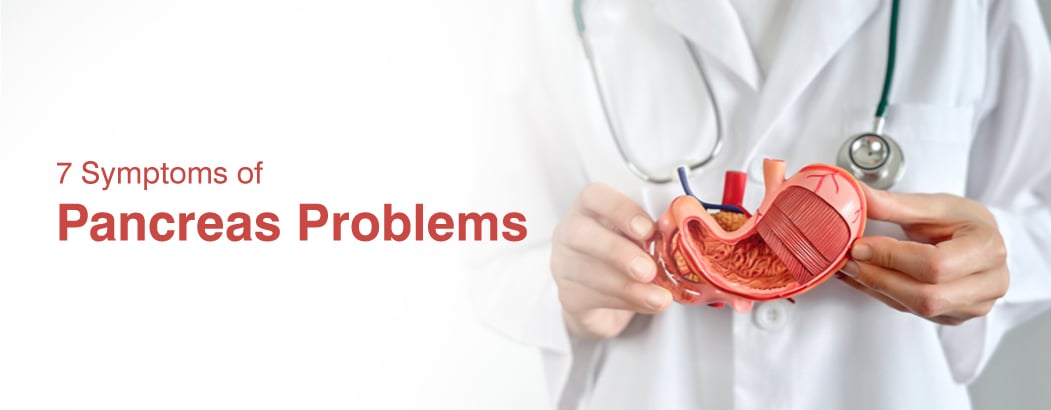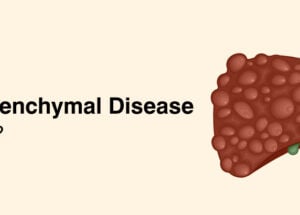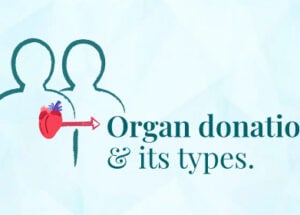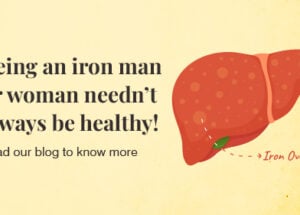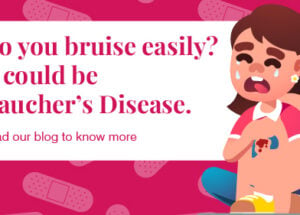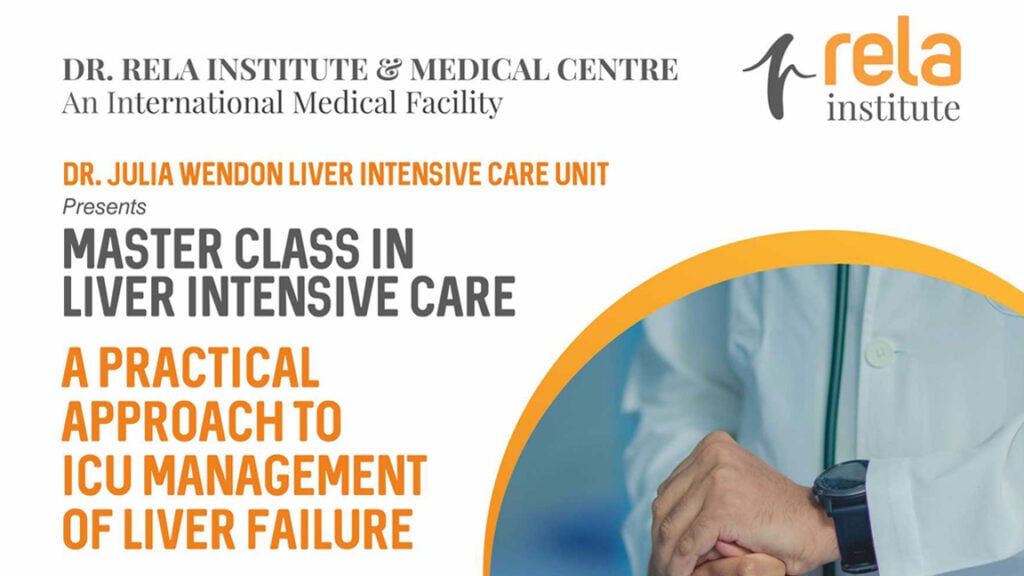Acute Liver Failure
Some patients with Acute Liver Failure can deteriorate despite aggressive medical treatment and in these patients, liver transplantation is a true life-saver. These patients qualify for urgent liver transplantation in most organ allocation systems around the world. Since the availability of this surgery, survival of patients with acute liver failure has improved from less than 20% to over 80%.
ACUTE LIVER FAILURE
Acute Liver Failure (ALF) refers to a severe failure of liver function within a matter of days to weeks in a previously healthy person. Acute liver failure is less common than chronic liver failure, which develops more slowly. The most common cause of ALF in India is viral infection due to hepatitis viruses. Other causes of ALF include:
- Overdose of paracetamol
- Consumption of poisonous materials like phosphorus compounds (found in rat killer poison),
- Autoimmune hepatitis and Wilson’s disease.
Signs & Symptoms
Signs and symptoms of acute liver failure may include:
- Yellowing of your skin and eyeballs (jaundice)
- Pain in your upper right abdomen
- Abdominal swelling
- Nausea
- Vomiting
- A general sense of feeling unwell (malaise)
- Disorientation or confusion
- Sleepiness
- Bleeding problems
Causes
Acute liver failure occurs when liver cells are damaged significantly and are no longer able to function. Potential causes include:
- Hepatitis and other viruses: Hepatitis A, Hepatitis B and Hepatitis E can cause acute liver failure. Other viruses that can cause acute liver failure include Epstein-Barr virus, cytomegalovirus and herpes simplex virus.
- Paracetemol overdose: Acute liver failure can occur after one very large dose of paracetamol, or after higher than recommended doses every day for several days.
- Prescription medications: Some prescription medications, including antibiotics, nonsteroidal anti-inflammatory drugs and anticonvulsants can cause acute liver failure.
- Herbal supplements: Herbal drugs and supplementshave been linked to acute liver failure.
- Toxins: Toxins that can cause acute liver failure include the poisonous wild mushroom Amanita phalloides, which is sometimes mistaken for one that is safe to eat. Carbon tetrachloride is another toxin that can cause acute liver failure. It is an industrial chemical found in refrigerants and solvents for waxes, varnishes and other materials.
- Autoimmune disease: Liver failure can be caused by autoimmune hepatitis — a disease in which your immune system attacks liver cells, causing inflammation and injury.
- Diseases of the veins in the liver: Vascular diseases, such as Budd-Chiari syndrome, can cause blockages in the veins of the liver and lead to acute liver failure.
- Metabolic disease: Rare metabolic diseases, such as Wilson’s disease and acute fatty liver of pregnancy, infrequently cause acute liver failure.
- Cancer: Cancer that either begins in or spreads to your liver can cause your liver to fail.
- Shock: Overwhelming infection (sepsis) and shock can severely impair blood flow to the liver, causing liver failure.
Many cases of acute liver failure have no apparently detectable cause.
Complications
Acute liver failure often causes complications, including:
- Cerebral edema: Too much fluid causes pressure to build up in your brain.
- Bleeding and bleeding disorders: A failing liver cannot make enough clotting factors, making blood thinner and difficult to clot. Bleeding in the gastrointestinal tract is common with this condition. It may be difficult to control.
- Infections: People with acute liver failure are more likely to develop infections, particularly in the blood and in the respiratory and urinary tracts.
- Kidney failure: Kidney failure often occurs after following liver failure, especially if you had an paracetamol overdose, which damages both your liver and your kidneys.
Prevention
Reduce your risk of acute liver failure by taking care of your liver.
- Tell your doctor about all your medicines. Even over-the-counter and herbal medicines can interfere with prescription drugs you’re taking.
- Drink alcohol in moderation, if at all: Avoid alcohol or drink in extreme moderation.
- Avoid risky behaviour: Get help if you use illicit intravenous drugs. Don’t share needles. Use condoms during sex. If you get tattoos or body piercings, make sure the shop you choose is clean and safe. Don’t smoke.
- Get vaccinated: If you have chronic liver disease, a history of any type of hepatitis infection or an increased risk of hepatitis, talk to your doctor about getting the hepatitis B vaccine. A vaccine also is available for hepatitis A.
- Avoid contact with infected blood and body fluids: Accidental needle sticks or improper clean-up of blood or body fluids can spread hepatitis viruses. Sharing razor blades or toothbrushes also can spread infection.
- Take care with aerosol sprays: When you use an aerosol cleaner, make sure the room is ventilated, or wear a mask. Take similar protective measures when spraying insecticides, fungicides, paint and other toxic chemicals. Follow product instructions carefully.
- Watch what gets on your skin: When using insecticides and other toxic chemicals, cover your skin with gloves, long sleeves, a hat and a mask.
- Maintain a healthy weight. Obesity can cause a condition called non-alcoholic fatty liver disease, which may include fatty liver, hepatitis and cirrhosis.
DIAGNOSIS
Tests and procedures used to diagnose acute liver failure include:
- Blood tests: Blood tests are done to determine how well your liver works. A prothrombin time test measures how long it takes your blood to clot. With acute liver failure, blood doesn’t clot as quickly as it should.
- Imaging tests: Your doctor may recommend an ultrasound exam to look at your liver. Such testing may show liver damage and help your doctor determine the cause of your liver problems. Your doctor may also recommend abdominal computerized tomography (CT) scanning or magnetic resonance imaging (MRI) to look at your liver and blood vessels. These tests can look for certain causes of acute liver failure, such as Budd-Chiari syndrome or tumours. They may be used if your doctor suspects a problem and ultrasound testing is negative.
- Examination of liver tissue: Your doctor may recommend removing a small piece of liver tissue (liver biopsy). Doing so may help your doctor understand why your liver is failing. Since people with acute liver failure are at risk of bleeding during biopsy, the doctor may perform a transjugular liver biopsy. The doctor makes a tiny incision on the right side of your neck, and then passes a thin tube (catheter) into a neck vein, through your heart and into a vein exiting your liver. Your doctor then inserts a needle through the catheter and retrieves a sample of liver tissue.
ACUTE LIVER FAILURE TREATMENT
Patients with acute liver failure need urgent transfer to a hospital with liver transplant service to have a successful outcome. Some of these patients may recover with medical treatment alone. This treatment has to be provided in an intensive care unit with careful monitoring by the liver physicians and intensive care specialists. Patients who reach certain criteria on blood tests need urgent liver transplantation as they will not survive with medical treatment. Urgent living donor or deceased donor liver transplantation is lifesaving in this situation.
Acute liver failure treatments may include:
- Medications to reverse poisoning: Acute liver failure caused by paracetemol overdose is treated with a medication called acetylcysteine. This medication may also help treat other causes of acute liver failure. Mushroom and other poisonings also may be treated with drugs that can reverse the effects of the toxin and may reduce liver damage.
- Liver transplant: When acute liver failure can’t be reversed, the only treatment may be a liver transplant. During a liver transplant, a surgeon removes your damaged liver and replaces it with a healthy liver from a donor. Your doctor also will work to control signs and symptoms you’re experiencing and try to prevent complications caused by acute liver failure. Your care may include:
- Relieving pressure caused by excess fluid in the brain: Cerebral oedema caused by acute liver failure can increase pressure on your brain. Medications can help reduce the fluid build-up in your brain.
- Screening for infections: Your medical team will take samples of your blood and urine every now and then to be tested for infection. If your doctor suspects that you have an infection, you’ll receive medications to treat the infection.
- Preventing severe bleeding: Your doctor can give you medications to reduce the risk of bleeding. If you lose a lot of blood, your doctor may perform tests to find the source of the blood loss. You may require blood transfusions.
- Organ Support: Other organs like the kidneys and the heart may need to be supported with sophisticated devices till the patients recovers.
Why Rela Hospital
Rela Hospital is emerging as the most sough-after destination for all medical problems concerning liver in Chennai. It is one of the best know medical facility to address liver diseases across the globe.
Advantages/ Expertise: Expert doctors who have done conducive research and have extensive experience in treating Acute Liver Failure are part of Rela Hospital in Chennai.


